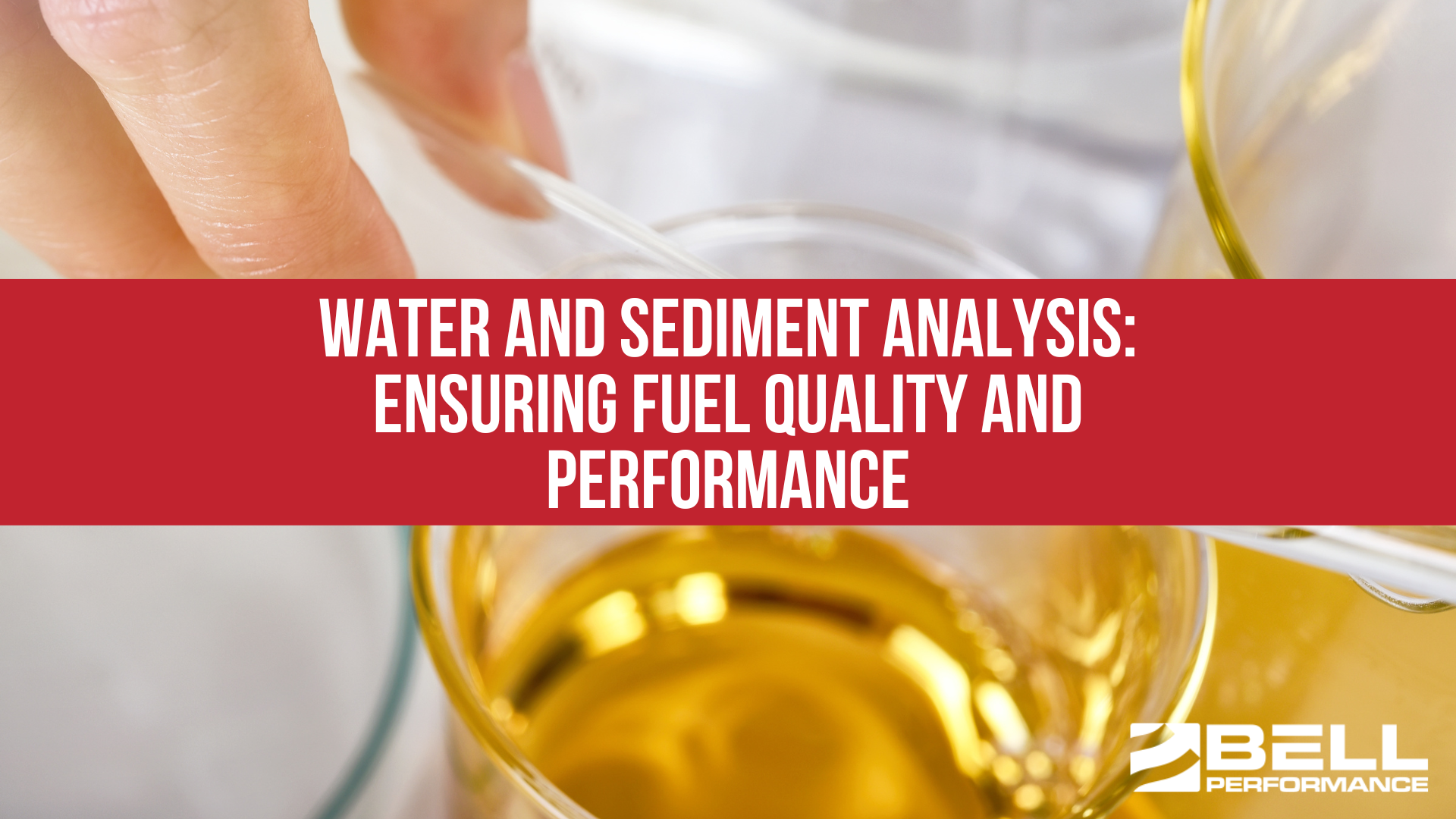"Wow" Facts on Contaminated Diesel Fuel. Be Prepared.
In business, a "wow fact" is something that seems unbelievable and makes people sit up and take notice. Often, someone making a case for doing...

The value of diesel fuel testing lies in the fact it tells you things about your fuel that you can’t otherwise know. That’s also why it is so important.
Sensory checking of stored fuel is certainly better than not checking it. If you draw a fuel sample and it’s dark and smells funny, that should tell you that the fuel isn’t as it should be. But that’s as specific as you can get. How bad is the fuel, exactly? How far along is it to the point of no-return from a quality standpoint? Diesel fuel testing can offer more substantive answers to these important questions.
With respect to recommended tests to consider, it all depends on what you need to know. For companies that store fuel for future use, they need to know that the fuel is still in-spec and that it’s going to work properly if/when they call upon it. That means, for their purposes, diesel fuel testing should confirm the stability and combustion quality of the fuel. These are the diesel fuel tests that should be considered.
This is a predictive test that gives a picture of how stable a fuel sample is. A diesel fuel that fails this test will, first of all, be out of spec, and therefore would not legally be defined as diesel fuel. Operationally, the oxidative stability test relies on measuring the formation of sludge and varnish when the fuel is put through an accelerated stability scenario. The greater the deposits formed, the less stable condition the diesel fuel is in when the test started. If you use diesel fuel that fails an oxidative stability test, it’s going to form severe levels of deposits everywhere the fuel goes, while you’ll also get a marked increase in black smoke production because the fuel isn’t going to burn completely. At its worst, the diesel fuel may be unstable enough that it doesn’t support consistent engine operation – in other words, the engine will shut down.
Cetane rating is the measurement of the combustion quality of the diesel fuel in the engine, similar to octane rating in gasoline. Stored fuel can lose cetane rating over time, especially if environmental bad actors like microbes have been attacking them. A fuel with subpar cetane rating won’t support consistent engine startup and operation, and if the engine does run, it will run rough. Cetane rating is something that you need to confirm through testing because you can’t predict, from a sensory standpoint, if a fuel is deficient in this regard. A cetane rating test will give you a definitive answer in that regard.
This is a test that is required for many critical-use facilities, including healthcare. Fuel with excess water and sediment content won’t allow the dependent equipment to run properly. Stored fuel cannot exceed the maximum water and sediment content to pass the spec. So the test is useful because it gives you a defined contaminant content. A visual inspection can show you if the fuel is in bad enough shape that its appearance has changed, but that’s of pretty limited utility if you’re trying to conclude more specifically how good or bad your fuel is at the present time.
This is an important test from a liability standpoint, since the regulations now require virtually all diesel fuel to have a max. 15 ppm sulfur content. There’s so much old high-sulfur diesel fuel still around in the system, it’s surprisingly easy to have a storage tank full of diesel fuel that’s way out of spec on sulfur content. This puts the offending owner at a liability standpoint should that fuel be spot-checked. There’s no clear solution on fixing a sulfur content short of getting rid of the offending fuel. But the only way to know if you have that ticking timebomb of liability is to have the fuel tested.
There are plenty of other possible tests available – lubricity, density, distillation curve. They all tell us specific things about the fuel’s condition and properties. So for keeping a more rigorous track of the condition of your stored fuel, diesel fuel testing can be an invaluable tool.
In business, a "wow fact" is something that seems unbelievable and makes people sit up and take notice. Often, someone making a case for doing...

What are the requirements for diesel fuel? What properties does it need to have? On one level, there’s ASTM D-975 which lists off the...

The world of fuel management is more complex than ever, ensuring fuel quality is paramount to maintaining both the continued health and optimal...